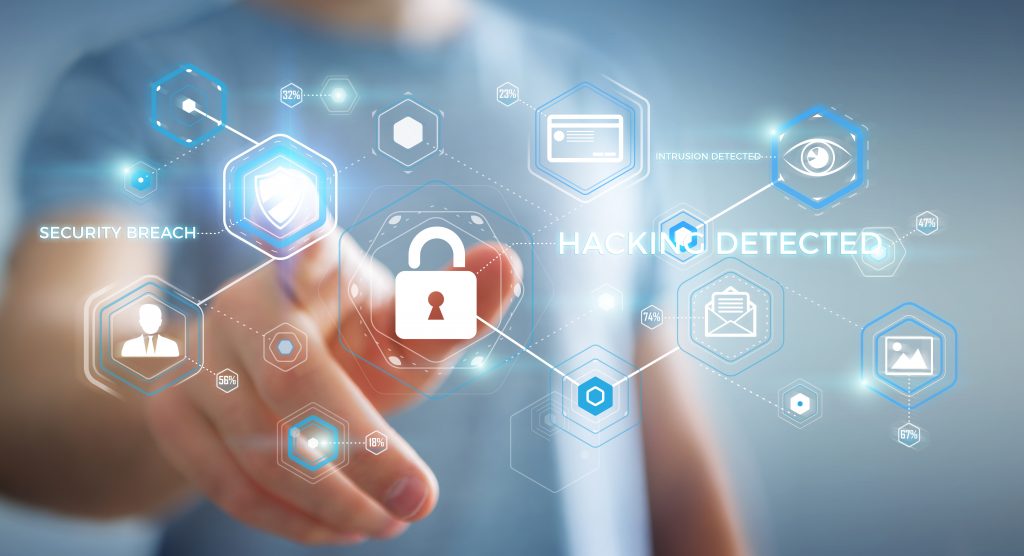Data backup and disaster recovery are critical components of any IT strategy, especially for small businesses. Here’s why they are so important:
Protection Against Data Loss: Data loss can occur due to various reasons such as hardware failure, human error, cyberattacks, natural disasters, or software glitches. Without proper backup measures in place, small businesses risk losing valuable data including customer information, financial records, intellectual property, and operational documents. Data backup ensures that critical information is safeguarded and can be restored in the event of data loss.
Business Continuity: In the event of a disaster or unexpected incident, such as a server crash or ransomware attack, small businesses need to minimize downtime and resume operations as quickly as possible. Disaster recovery plans, which include data backup and recovery procedures, enable businesses to restore systems and applications swiftly, thereby ensuring business continuity and minimizing financial losses.
Compliance and Legal Requirements: Many industries are subject to regulatory requirements governing data protection and retention. Small businesses operating in sectors such as healthcare, finance, and legal services must comply with laws such as HIPAA, GDPR, or PCI DSS, which mandate the implementation of data backup and disaster recovery measures. Failure to comply with these regulations can result in hefty fines, legal consequences, and reputational damage.
Protection Against Cyber Threats: Cyberattacks, such as ransomware, malware, phishing, and insider threats, pose significant risks to small businesses. These attacks can encrypt or steal sensitive data, disrupt business operations, and cause financial harm. Data backup solutions provide a layer of defense against cyber threats by allowing businesses to restore their systems and data to a pre-attack state, thereby mitigating the impact of cyber incidents.
Preservation of Reputation and Customer Trust: Data breaches and extended periods of downtime can damage a small business’s reputation and erode customer trust. Customers expect businesses to safeguard their personal information and ensure the continuity of services. By implementing robust data backup and disaster recovery strategies, small businesses demonstrate their commitment to data security, resilience, and customer satisfaction.
Cost Savings: While investing in data backup and disaster recovery solutions incurs upfront costs, the long-term benefits outweigh the expenses. The financial consequences of data loss, downtime, and reputational damage resulting from a lack of preparedness far exceed the cost of implementing backup and recovery measures. Additionally, insurance premiums may be lower for businesses with comprehensive disaster recovery plans in place
In summary, data backup and disaster recovery are indispensable components of small business operations. They provide protection against data loss, ensure business continuity, facilitate regulatory compliance, mitigate cyber threats, preserve reputation and customer trust, and deliver long-term cost savings. Small businesses must prioritize these aspects of IT infrastructure to safeguard their assets, maintain resilience, and thrive in an increasingly digital world.




